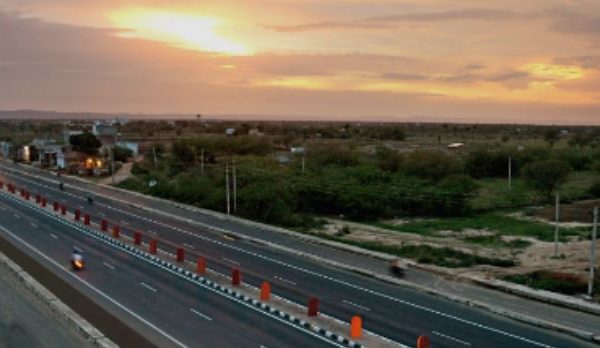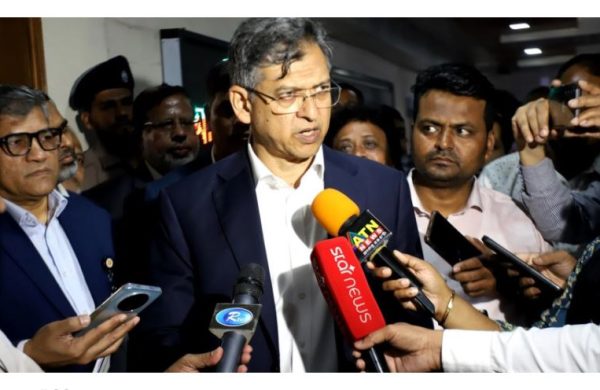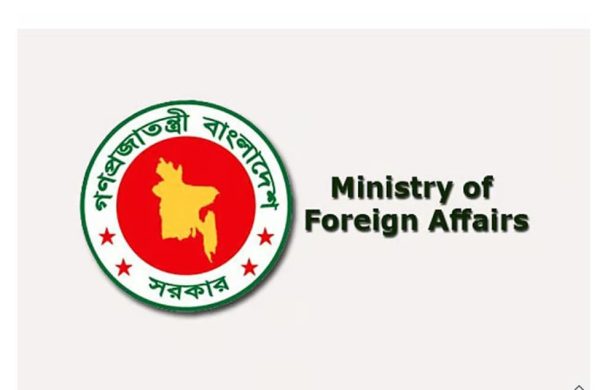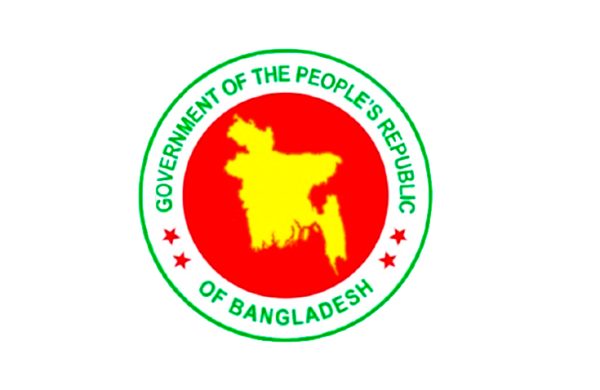High interest rates hit businesses, employment
- Update Time : Sunday, January 26, 2025
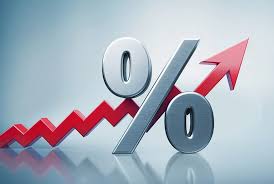
TDS Desk:
The surge in inflation is eroding household incomes and employment opportunities, driven largely by rising bank loan interest rates and reduced production. While depositors may benefit from higher interest rates, the banking sector and businesses face significant challenges.
Banks are struggling to attract deposits despite offering high interest rates, while private sector borrowers face a credit crunch. Experts warn that slow private-sector lending and employment shortages could exacerbate the economic crisis.
In its efforts to control inflation, the Bangladesh Bank has steadily increased loan interest rates. However, business leaders argue that raising interest rates alone is insufficient to tackle inflation. Data indicates that policy interest rate hikes—such as the 50 basis point increase in the repo rate to 10%—have pushed loan interest rates to as high as 15%.
This has hit small, medium, and large businesses hardest, as they rely heavily on bank loans. The rate of opening letters of credit (LCs) has declined by 7%, while production has plummeted by 25% to 40%.
Frequent hikes in loan interest rates have plunged the private sector into crisis, stalling business expansion and investment. The rising costs of doing business have left entrepreneurs struggling to survive, with many shelving plans for expansion and new investments.
Mohammad Hatem, President of the Bangladesh Knitwear Manufacturers and Exporters Association (BKMEA), explained, “Businesses were already paying over 15% interest on loans. Now, with the policy rate hike, it has gone even higher. Forget new investments; businesses are fighting to survive. We calculate costs and potential profits before investing, but when banks suddenly raise interest rates, it disrupts all our calculations. The increased loan repayments eat into profits, leaving businesses vulnerable.”
Post-government transition challenges—including new policies, labor unrest, law-and-order issues, inflation, energy shortages, and legal cases against politicians and business leaders—have further dampened investor confidence.
Bangladesh Bank Governor Dr. Ahsan H. Mansur is reportedly considering another 100-basis-point (1%) hike in interest rates to curb money supply in the market. Anticipating this, business leaders have urged the Governor to lower existing rates instead.
Rising unemployment is also a growing concern. The Bangladesh Bureau of Statistics recently reported that unemployment increased to 2.66 million in the third quarter of 2024 (July–September), as labor force participation in agriculture, services, and industry sectors declined. Notably, male unemployment has risen significantly compared to female unemployment.
The combination of inflation, high interest rates, and reduced investment is deepening the economic crisis, posing significant challenges for businesses and employment across the country.


